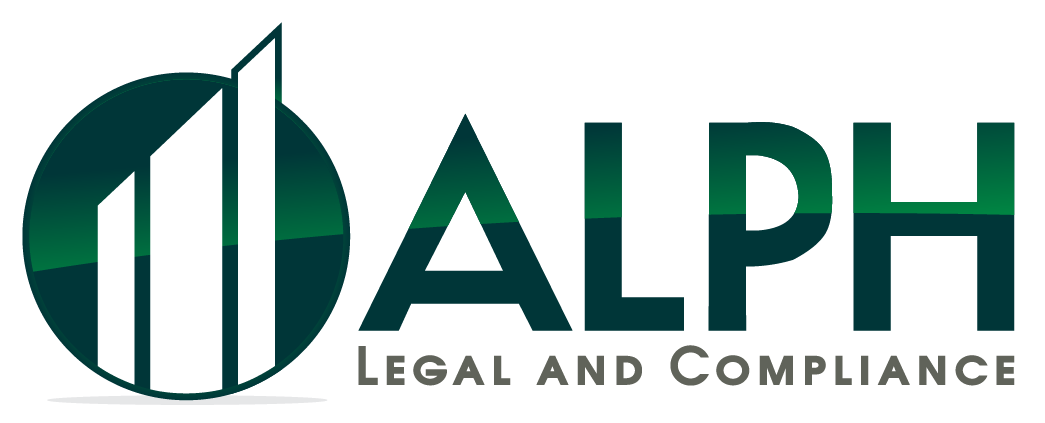FCA Compliance and Senior Hires: Why Background Screening Is A Non-Negotiable
In the highly regulated financial services industry in the UK, the integrity, competence, and honesty of individuals holding senior roles are critical to maintaining public trust and organisational stability. The Financial Conduct Authority (FCA) places significant emphasis on ensuring that directors and senior managers meet the Fit and Proper standards. One of the key steps in fulfilling these regulatory expectations is conducting comprehensive background checks.
Why Background Checks Are Crucial
The Senior Managers and Certification Regime (SM&CR), which applies to most FCA-regulated firms, imposes a duty on firms to ensure that individuals in senior roles are fit and proper. This includes assessing their:
- Honesty, integrity, and reputation
- Competence and capability
- Financial soundness
Failing to adequately vet individuals can expose a firm to regulatory breaches, reputational harm, and financial penalties.
Regulatory Expectations and Compliance Requirements
To comply with FCA expectations, firms should adopt a robust, standardised vetting procedure that includes:
- Criminal Record Checks
– Check for unspent convictions related to fraud, dishonesty, or financial crimes.
– Use Disclosure and Barring Service (DBS) checks for relevant roles. - Credit and Financial Checks
– Assess whether the individual has been subject to bankruptcy, insolvency proceedings, or County Court Judgments (CCJs).
– Evaluate ongoing financial stability. - Directorship and Insolvency History
– Use Companies House and other databases to verify previous directorships and any disqualifications. - Employment History and References
– Obtain regulatory references covering the previous six years (as per SM&CR rules).
– Contact previous employers to confirm roles and any disciplinary actions. - Verification of Qualifications
– Confirm any professional certifications or regulatory qualifications relevant to the role. - Media and Public Domain Checks
– Search for public media reports, enforcement actions, or adverse publicity. - Sanctions and Watchlist Screening
– Check against global sanctions lists and politically exposed person (PEP) databases.
What to Do If an Issue Is Found
Discovering an adverse finding does not automatically disqualify an individual, but it does necessitate a risk-based assessment and potentially regulatory disclosure:
- Evaluate the Materiality: Determine whether the issue affects the individual’s fitness and propriety. For example, a historic bankruptcy may be less concerning than recent fraudulent behaviour.
- Consult Legal and Compliance Teams: In complex cases, involve compliance officers or external legal advisors.
- Notify the FCA Where Necessary:
– If the individual is applying for a Senior Management Function (SMF) role, the finding must be disclosed in the Form A application.
– If the issue arises during employment, use Form D to notify the FCA. - Consider Remediation or Withdrawal:
– In cases where risks can be mitigated, additional training or supervision may be appropriate.
– If the risks are too great, the firm should not proceed with the appointment or may need to terminate employment.
The important point here is to maintain a professional yet pragmatic approach to any concerns, but even more so, to maintain an open and honest dialogue with your regulator or governing body.
Maintaining Ongoing Compliance
Due diligence doesn’t end at onboarding. Firms must:
- Conduct Annual Fit and Proper Assessments under SM&CR, which may include additional credit, background or DBS checks where appropriate.
- Monitor for Changes in Circumstances, such as new criminal charges or financial problems.
- Maintain Detailed Records to evidence compliance in case of FCA inspection or in the event of disciplinary matters.
Conclusion
A failure to conduct adequate background checks can lead to enforcement action, reputational damage, and internal instability. FCA-regulated firms must view vetting not just as a regulatory checkbox but as a vital component of strong corporate governance and risk management. By instituting a thorough and repeatable process, firms can ensure that those at the helm are worthy of the responsibility they carry — and trusted by clients, colleagues, and the regulator alike.
ALPH Legal & Compliance can assist with all aspects of your business’s compliance needs, whether that be compliance structure and policy, internal/external audit, business and regulatory change support, authorisation, supervision or just some general expert advice and guidance!
Take action now with ALPH Legal & Compliance services!
With all the regulatory shifts on the horizon, now is the time to act. Don’t wait until compliance gaps appear—engage with ALPH Legal & Compliance today to ensure your firm is ahead of the curve. Whether you need tailored guidance, compliance support, or strategic insights to drive new business, ALPH Legal & Compliance is your trusted partner in navigating FCA regulations with confidence.
Visit ALPH Legal & Compliance now and take control of your compliance future!
